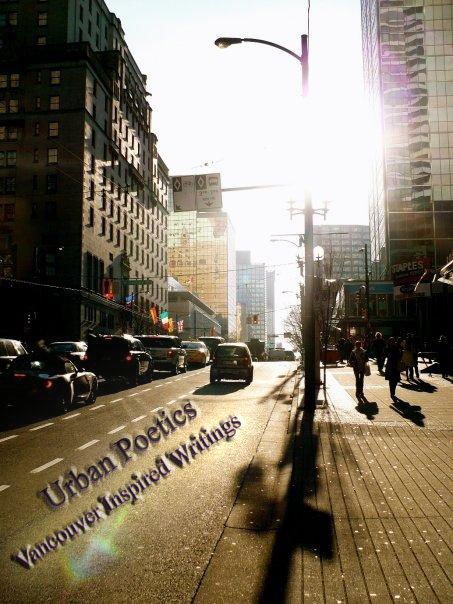I thoroughly enjoyed the lecture in last week's class: The transition to Romanticism. Context is important when discussing literature; what is literature but a critical mirror held at the plateau of civilization?
Professor Kuin's discussion of the historical roots of Romanticism is especially important because these are roots blatantly affect our culture today.
Of course, all literature does, all history does. Literature as ancient as the Bible still impact our lives greatly. But, to say that Romantic writing and art has influenced the contemporary says something different: It marks the beginning of the Contemporary.
In this sense, the DRAMATIC shift from 'formal' to 'spontaneous' artwork was not only a shift; it was a creation of what we know art to be today.
What do we know art to be today? Think 'Art':
Strung out hippies? The homeless man at the corner with a guitar? Passion? Dreams? More cliches...
These worn cliches come from noble beginnings. Though many artists throughout history were poor ones, there was something about the Romantics that really set the stage for this. The rebellion against formality that made a new poetry: a poetry that anyone in the world, no matter how educated, can write. Anyone can be a poet. Poetry can be colloquial. Even the homeless man can write. There begins to be something 'charming' about that.
In the modern day, a day that starving artists are the majority of art makers, Romantic ideal takes over: Not only can the poor write, but you almost cannot write unless you are poor.
A sad fact, but in a capitalist society, unless you are one of the successful few, to write creatively one needs a secondary source of income. That is if one desires to maintain the standard lifestyle. Which leads the motivated person to ask what is more desirous, to have a lifestyle or to live a life.
But on to more specific things: What exactly do I mean to say that Romantic art has created our vision of contemporary art? I will give you a personal example.
When I was a child, I remember very clearly writing my first poem. I could not remember the poems I had read, or what I had read. All I remember now is that my eleven year old poem mentioned: 1) Beauty 2) Snow fall 3) Sunshine
In the poem I was commenting on the beauty of these natural things. I compared them to myself, saying, although I see beauty, I do not feel beautiful.
I did not know a Romantic poem from any other one. I think I would have been terribly confused if someone had tried to explain to me that there is a distinction. I think many grown people will be very confused to know that such a poem is not the generic.
Histories of literature are affluent in nature-talk. Nature as tools, analogies, gods. However the particular way that the Romantics glorified nature in their poems and impressionistic painted the skies and leaves created the glory of art today. And it is so glorious; because the reconnected awe of nature has become an unspoken aspect of it. To not glorify art in the contemporary is to break a truly hard to break rule.
The Romantic era has been lived into us. To amplify the impact of devout natural artistry that I am speaking of, I am going to include a very interesting passage written about Wordsworth, the Romantic we are focusing on in class:
"Everyone knows that Wordsworth was (to use his own phrase) a 'worshipper of nature', and the suspicion arises that a taste for his verse may have less to do with the appreciation of poetry as such than with a sentimental interest in his characteristics subject-matter and a fellow-feeling for his attitude towards it. There is, moreover, a general understanding that Wordsworth has, in some sense, a moral lesson to teach us; and most of us, like Keats, are uneasy about 'poetry that has a palpable design upon us'."
-"From Blake to Byron," the Pelican Guide to English Literature, edited by Boris Ford, pg.. 152: "Wordsworths' Poetry," R.O.C. Winkler.
The poetry of Wordsworth and Romantics like him is highly relatable: It expands beyond the formal ideal of poetry; it is an extrapolation a value that was and has become more universal; the appreciation of nature. He has already taught us what poetry is by making it what it now is.
Subscribe to:
Post Comments (Atom)


No comments:
Post a Comment